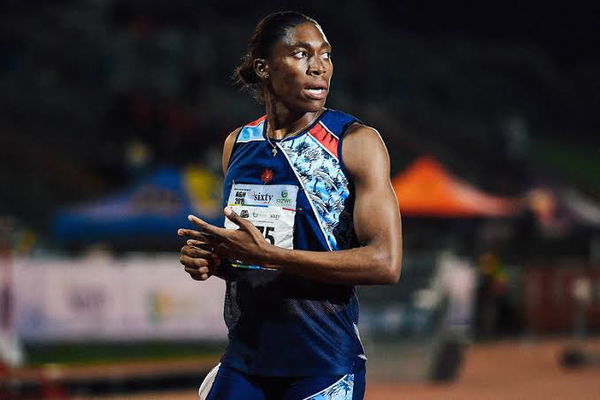

The South African runner, Caster Semenya has spent several years battling over the proposed limits on female athletes. But on Wednesday, the Court of Arbitration for Sport (CAS) ruled that 800m 2016 Olympic champion, Caster Semenya will have to reduce her testosterone by taking hormone suppressants to continue competing in a race.

ADVERTISEMENT
Article continues below this ad
The three judge-panel took the decision by a 2-1 vote, saying that the new regulations might discriminate against Semenya Caster, but they are not ‘invalid’.
“Women with intersex variations have the same right to dignity and control over their bodies as other women, and it’s deeply disappointing to see CAS uphold regulations that run afoul of international human rights standards,” said the deputy executive director for the programme at Human Rights Watch.
While the CAS has ignored the International Human Rights law in dismissing the case by Semenya and Athletics South Africa. But two of the arbiters accepted the argument by IAAF, that high testosterone in female athletes bestows a significant advantage in size, power, strength, and stamina. The CAS felt that the policy was necessary and reasonable to ensure fair competition in sports.
The CAS explained the ruling in a statement saying, “The panel found that the Difference in Sex Development (DSD) regulations are discriminatory. But that, on the basis of the evidence submitted by the parties, such discrimination is a necessary, reasonable and proportionate means of achieving the IAAF’s aim of preserving the integrity of female athletics in the restricted events.”
ADVERTISEMENT
Article continues below this ad

ADVERTISEMENT
Article continues below this ad
Caster Semenya has not been beaten in an 800m race since 2015. Ross Tucker, who was a part of Caster Semenya team of an expert at CAS believes that the ruling by CAS will make Semenya slower by seven seconds in 800m.
An enraged Caster Semenya said in a statement, “I know that the IAAF’s regulations have always targeted me specifically. For a decade the IAAF has tried to slow me down, but this has actually made me stronger. The decision of the CAS will not hold me back. I will once again rise above and continue to inspire young women and athletes in South Africa and around the world.”
ADVERTISEMENT
ADVERTISEMENT
ADVERTISEMENT
ADVERTISEMENT

